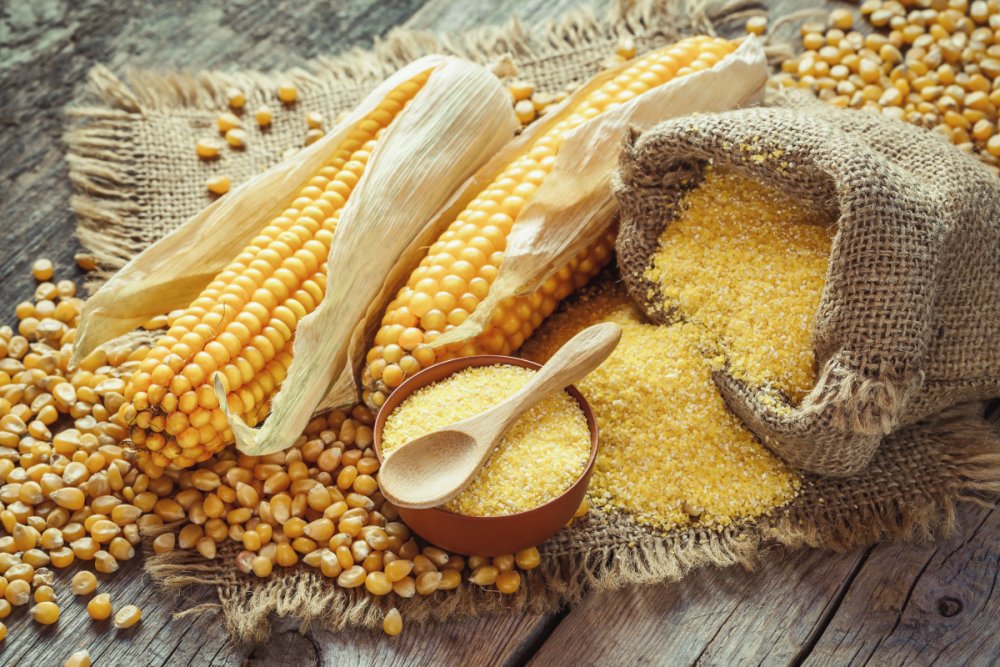Other Pages
- Opinion Poll
- About Us
- Send Your Story
- Contact Us
- Newsletter
- Privacy Policy
- Terms and Conditions

The Central Bank of Nigeria (CBN) will no longer provide dollars for importers of maize/corn. The CBN gave the directive following the inclusion of maize/corn importation into the banned list of 41 imported goods and services. The list of banned imported food items began five years ago.
Maize importers who have obtained Forms M - which is the form needed to access dollars from the official foreign exchange (forex) market - have been directed to return the forms as the importation of maize will no longer be supported by the financial regulator. The maize importers were informed to return the Forms M on or before Wednesday, July 15, 2020.
“Accordingly, all Authorised Dealers are hereby requested to submit the list of Forms M already registered for the importation of Maize/Corn using the attached format on or before the close of business on Wednesday, July 15, 2020. Please ensure strict compliance.” A statement by CBN reads.
[READ ALSO: CBN Deducts Customers Deposits From Access Bank, GTBank, 12 Other Banks]
The decision will prevent maize/corn importers from access dollars through the official forex market which is the CBN and Investors & Exporters window. The CBN said the decision was taken to support local production of maize, protect maize farmers and create job opportunities which the importation of maize is affecting.
Also, the inclusion of maize/corn in the banned food items is expected to improve the economy, and lower the demand of dollars in the forex market. Note that Nigeria is short on forex, although the CBN governor said the available forex is enough to cater to demand for essential raw materials or products.
In the statement of notice to the public - which was signed by O.S Nnaji, CBN’s Director in charge of Trade and Exchange Department - the CBN stated that, “As part of efforts by the Central Bank of Nigeria to increase local production, stimulate a rapid economic recovery, safeguard rural livelihoods, and increase jobs which were lost as a result of the ongoing COVID-19 pandemic, Authorised Dealers are hereby directed to discontinue the processing of Forms M for the importation of Maize/Corn with immediate effect."
However, in the short-term or longer, the ban on maize import will cause the price of maize/corn to hike in Nigeria, making consumers to pay more than they use to. The ban will reduce availability and drive up price due to gap between demand and supply. It is expected to also affect traders of maize as well, as the increase in price will reduce the purchasing power of the consumers - meaning the quantity purchased pre-ban will most likely drop post-ban, thereby, reducing the revenue of the traders.
As consumers and traders will be affected by expected hike in maize/corn price, so will the economy suffer. The reduction in consumers' purchasing power will reduce the revenue of traders, and this will lead to shortage in Nigerian government's purse; the product's contribution to the economy will drop.
[READ ALSO: Here's Why CBN's Suspension Of Loan Payments Does Not Apply To All Banks]
Maize/corn are widely consumed by most households in Nigeria, that's why its on the top ten imports in Nigeria; under cereals. According to World’s Top Export, it was learnt that $1.3 billion was spent on cereals importation by Nigeria in 2019. It attracts huge capital investment.
So the ban on the importation of maize will ensure the investment remains within Nigeria rather than invested in other countries, thereby, Nigeria losing capital and job opportunities to the exporting countries. Other items on the banned list includes Rice, Meat, Cement, Poultry, Private airplanes, Palm oil and many others. Click this link to see the 41 items banned.
0 Comment(s)